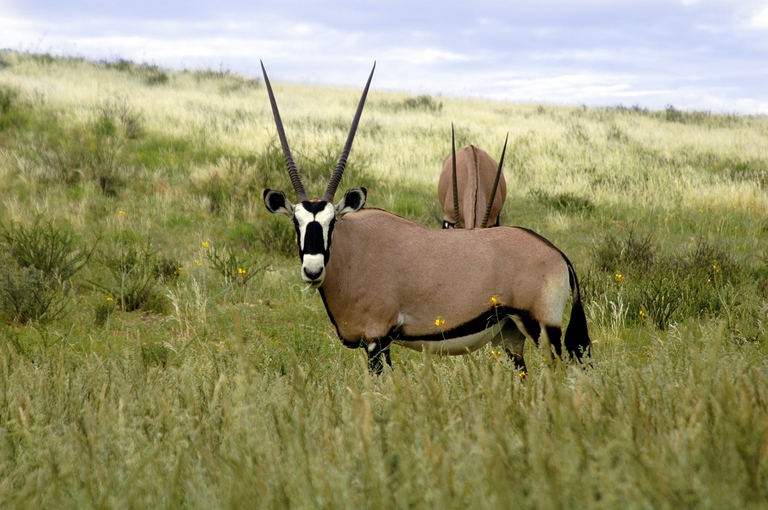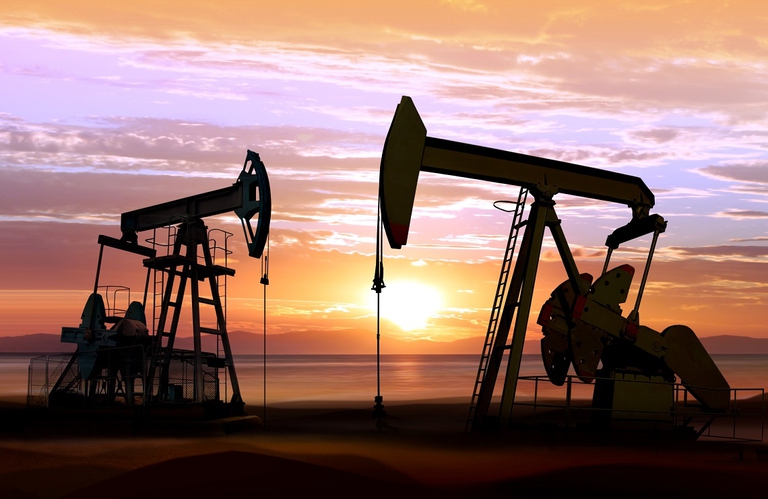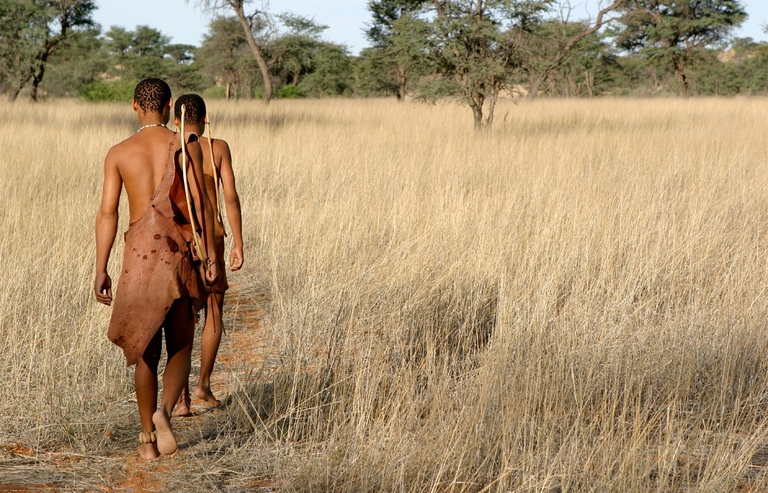
A report by Ember explains that in 2025 electricity generation from renewables (solar, wind and hydropower) surpassed that from fossil fuel sources.
Il Paese ha venduto i diritti per l’estrazione di gas naturale in una delle aree dell’Africa più importanti dal punto di vista naturalistico.
Among lions, antelopes and cheetahs, the Kgalagadi transfrontier park will be home to oil rigs for fracking, in a protected area that extends across Namibia, Botswana and South Africa.
Fracking is a technique used to extract natural gas and oil from subsoil rocks, using a pressurised liquid made of water, sand and chemicals to make natural gas flow out to the head of the well. The effects this technique has on the environment and wildlife are largely unknown, or at least not revealed.
The government of Botswana has granted to Karoo Energy, oil company listed in the London Stock Exchange, licences for a vast area of the Kgalagadi Park (nearly half of the total surface) to be used to extract gas. The denounce comes from the UK newspaper The Guardian, which explains that licences has been sold in September 2014, when the company was still named Nodding Donkey, although the sale has not been reported previously.
Environmentalists and park officials are concerned about the impact of drilling on wildlife. Fracking could compromise a unique environment, over 36,000 square kilometres of desert and savannah, populated by an incredible biodiversity, including the Kalahari lion (Panthera leo verneyi), African Pygmy Falcon (Polihierax semitorquatus), and the gemsbok (Oryx gazella).
“The development that is going to have to go on there, with infrastructure that has to be moved in, seems to be yet another nail in the coffin of wild areas in the world,” said Gus Mills, biologists who lived in Kgalagadi for 18 years to study cheetahs and hyenas. Environmental repercussions could be several and particularly dangerous for water sources.
Fracking would also have negative impacts on Botswana’s tourism, key resource for the country that employs the largest number of workers after diamond mining.
Olmo von Meijenfeldt, Director of the South African organisation Democracy Works, is concerned about the impact on rural communities. “Governments should be reluctant if not downright hostile towards extracting natural resources for a short-term benefit that will contribute to a deterioration of habitat and our long-term capacity for sustainable development and poverty alleviation.”
During its investigation, The Guardian has asked clarifications to the government of Botswana and to Karoo Energy, without obtaining any response though.
Siamo anche su WhatsApp. Segui il canale ufficiale LifeGate per restare aggiornata, aggiornato sulle ultime notizie e sulle nostre attività.
![]()
Quest'opera è distribuita con Licenza Creative Commons Attribuzione - Non commerciale - Non opere derivate 4.0 Internazionale.
A report by Ember explains that in 2025 electricity generation from renewables (solar, wind and hydropower) surpassed that from fossil fuel sources.
The Tyler Prize, considered the “Nobel Prize for the Environment,” has been awarded to Toby Kiers, an American biologist working in Amsterdam.
Belgium is one of the countries most exposed to climate change. Dune–dikes are a solution to curb sea-level rise.
Between October 2024 and September 2025, the average temperature in the Arctic was 1.6 degrees Celsius higher than during the 1991–2020 period.
Undeclared conflicts of interest, paid authors, lack of transparency: one of the most cited studies on glyphosate, published in 2000, has been retracted.
The Copernicus service has released data for the first eleven months of 2025: global warming is set to come close to last year’s record.
The European Council and Parliament have reached an agreement on the European Commission’s proposal to deregulate new GMOs. But farming, organic agriculture, and environmental organizations are calling for it to be stopped.
The world’s second-largest producer has taken a historic decision. However, farms will have until 2034 to shut down.
A Greenpeace report denounces Russia’s political and economic model: a nexus of extractivism, authoritarianism and war that is destroying the environment, with serious repercussions for the global ecosystem.










